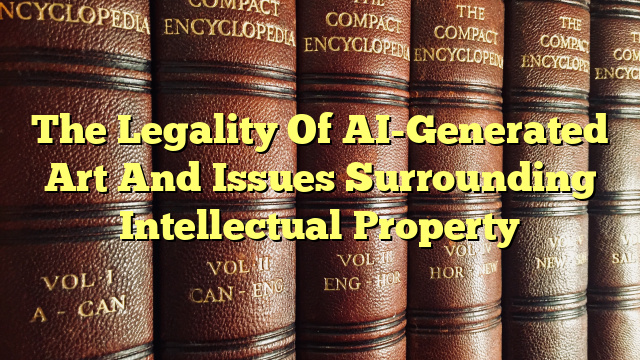Table of Contents
Legal Issues with AI-Generated Art
AI-generated art has raised several legal concerns due to its unique nature. One of the main issues is determining the ownership and copyright of the artwork. Since AI systems are responsible for creating the art, it becomes challenging to identify the original creator.
Another legal issue is the potential infringement of existing intellectual property rights. AI algorithms can be trained on copyrighted material, leading to the creation of derivative works that may violate the rights of the original creators.
Furthermore, AI-generated art can also raise questions about the authenticity and originality of the artwork. Without a human artist’s involvement, some argue that AI art lacks the emotional and creative elements traditionally associated with artistic expression.
Legal Issues with AI-Generated Images
In addition to AI-generated art, AI-generated images have their own set of legal concerns. One significant issue is the potential misuse of AI to create deepfake images, which can be used to deceive or manipulate individuals.
Deepfake images raise privacy and consent issues, as individuals’ likeness can be used without their permission. This can lead to reputational harm and the violation of personal rights.
Moreover, AI-generated images can also infringe on existing intellectual property rights. If an AI system is trained on copyrighted images, it may produce similar or derivative works that could be considered infringements.
Does AI Violate Intellectual Property Rights?
AI itself does not violate intellectual property rights. However, the use of AI algorithms to create art or images can potentially lead to copyright infringement if the AI system is trained on copyrighted material.
It is crucial to consider the source of the training data and ensure that the AI system does not produce works that are too similar to existing copyrighted works.
Is AI-Generated Art Legal?
The legality of AI-generated art is still a subject of debate and interpretation. While AI systems can create unique and visually appealing artwork, the absence of human involvement raises questions about the artistic process and the emotional elements associated with art.
From a legal perspective, the ownership and copyright of AI-generated art can be challenging to determine. However, some argue that if a human artist is involved in the AI’s creative process, they should be recognized as the author and holder of the rights.
Ultimately, the legality of AI-generated art may vary depending on jurisdiction and the specific circumstances surrounding its creation.

